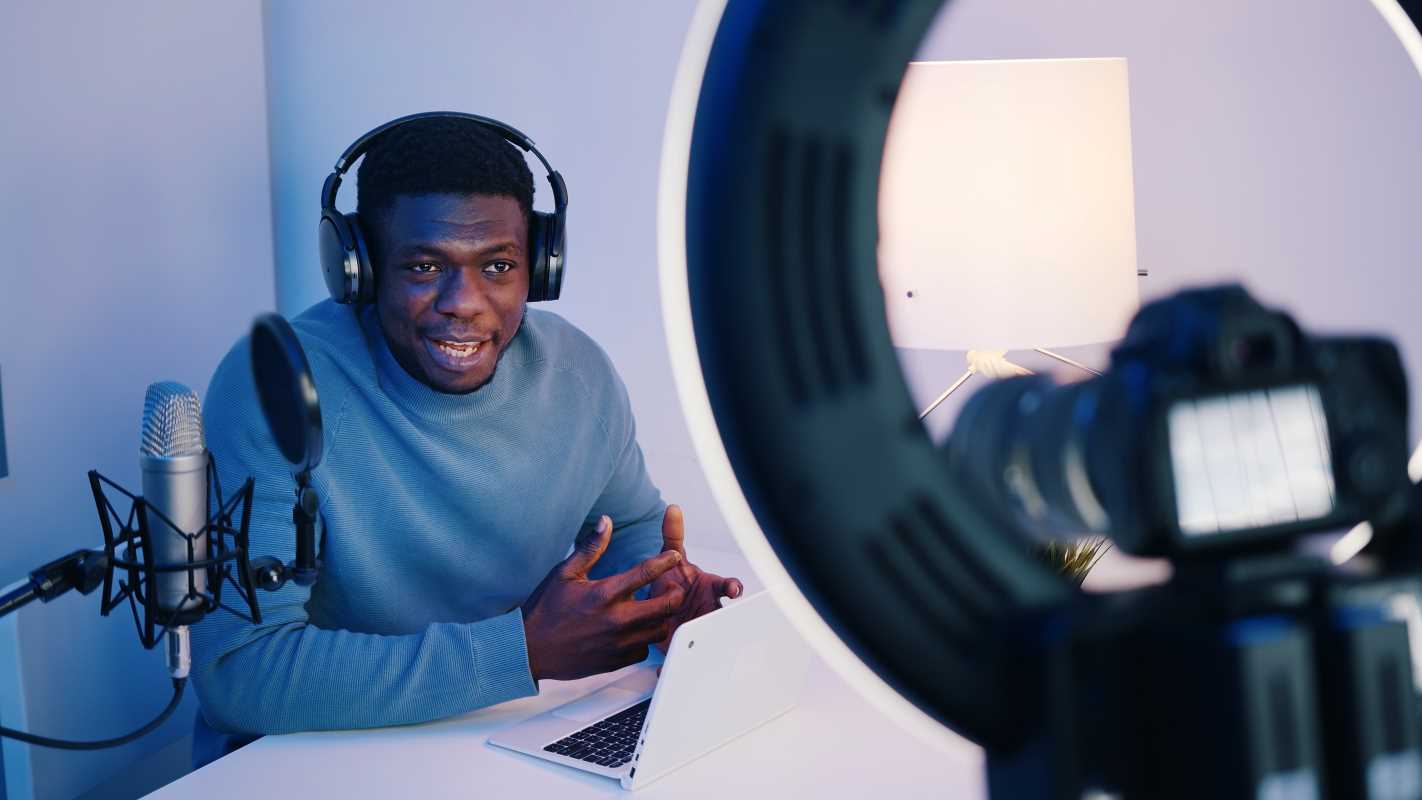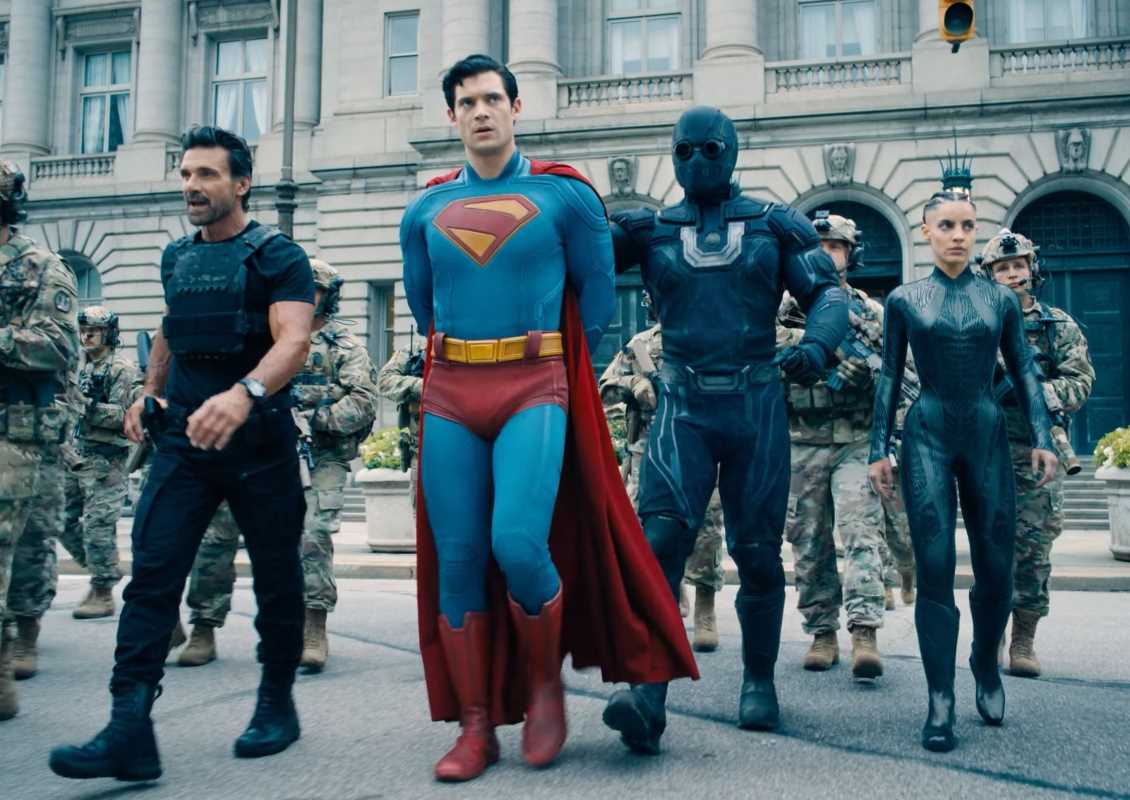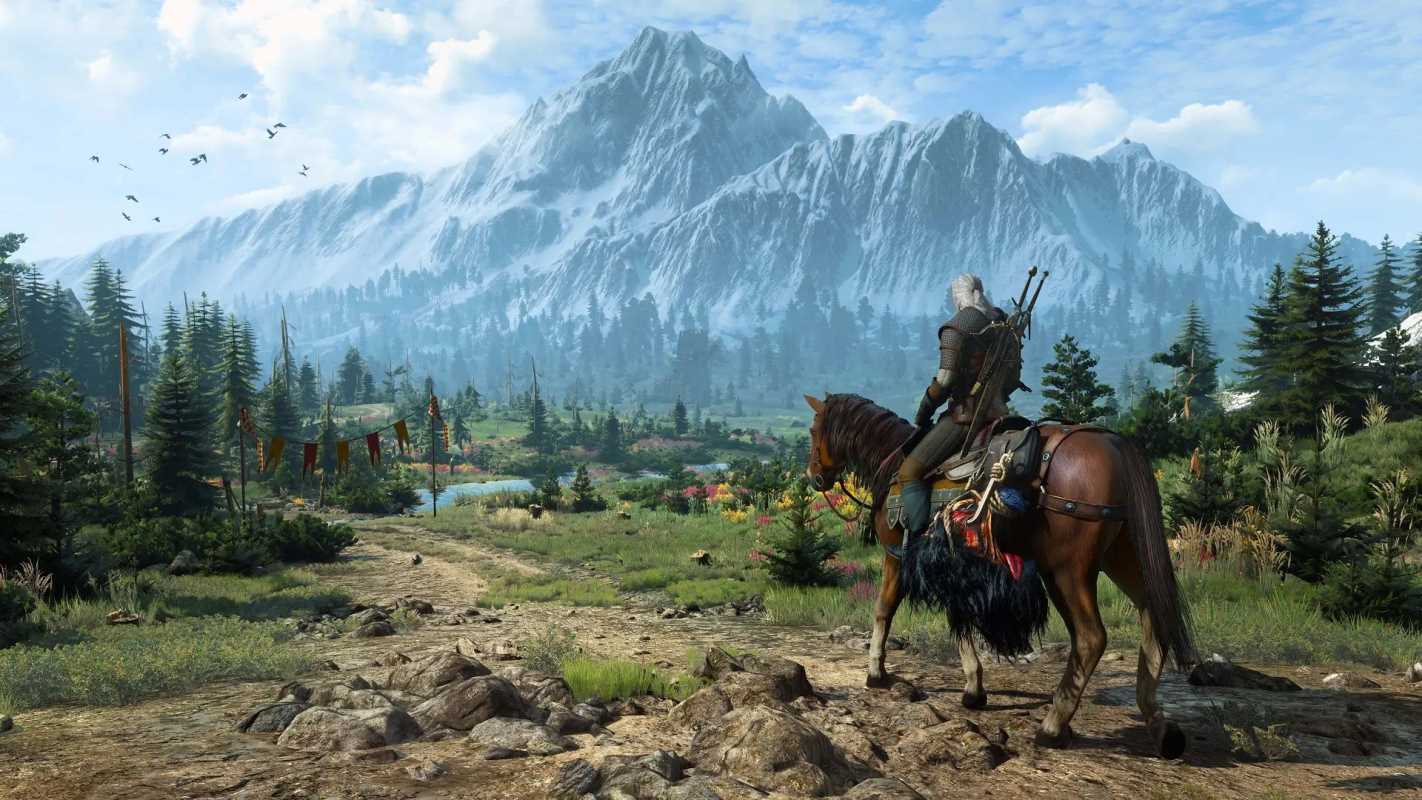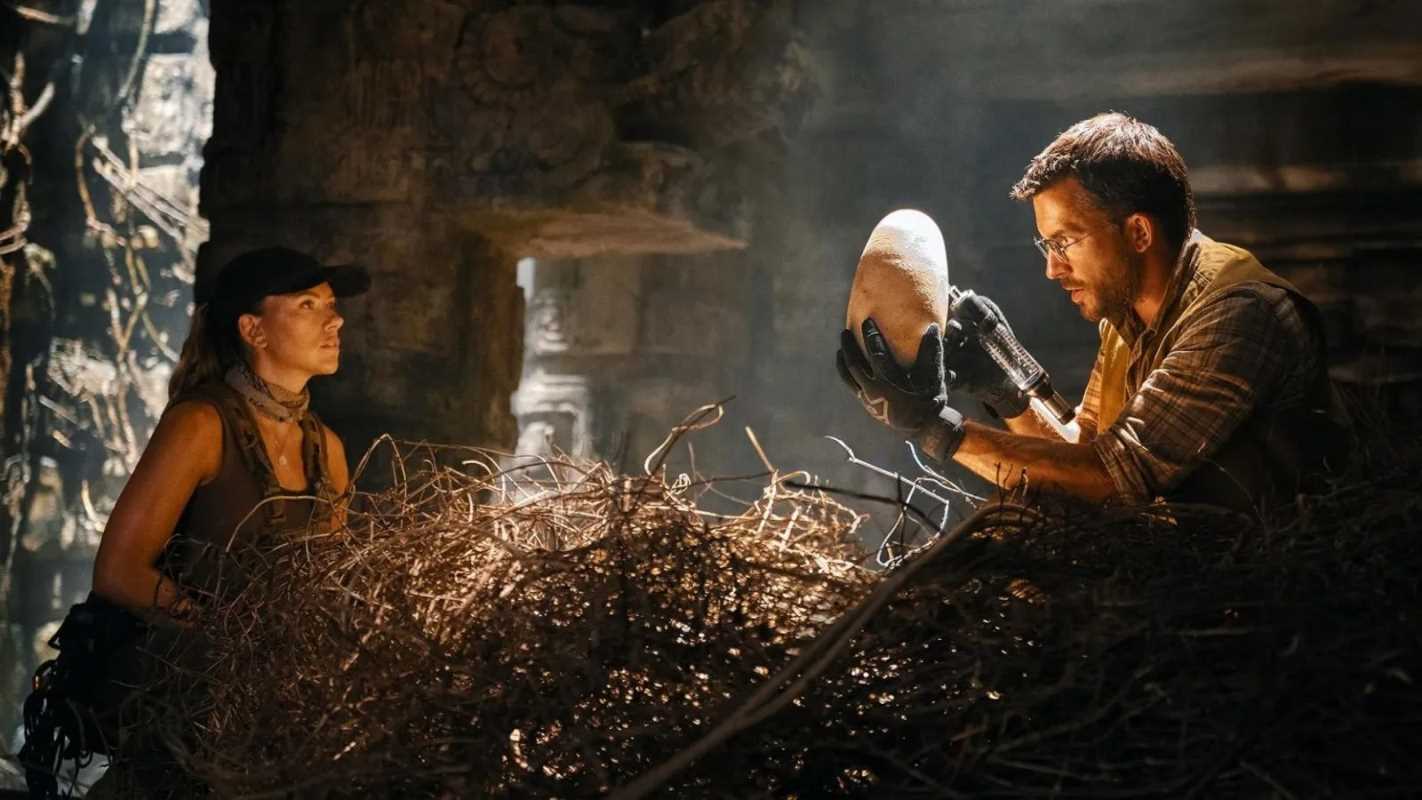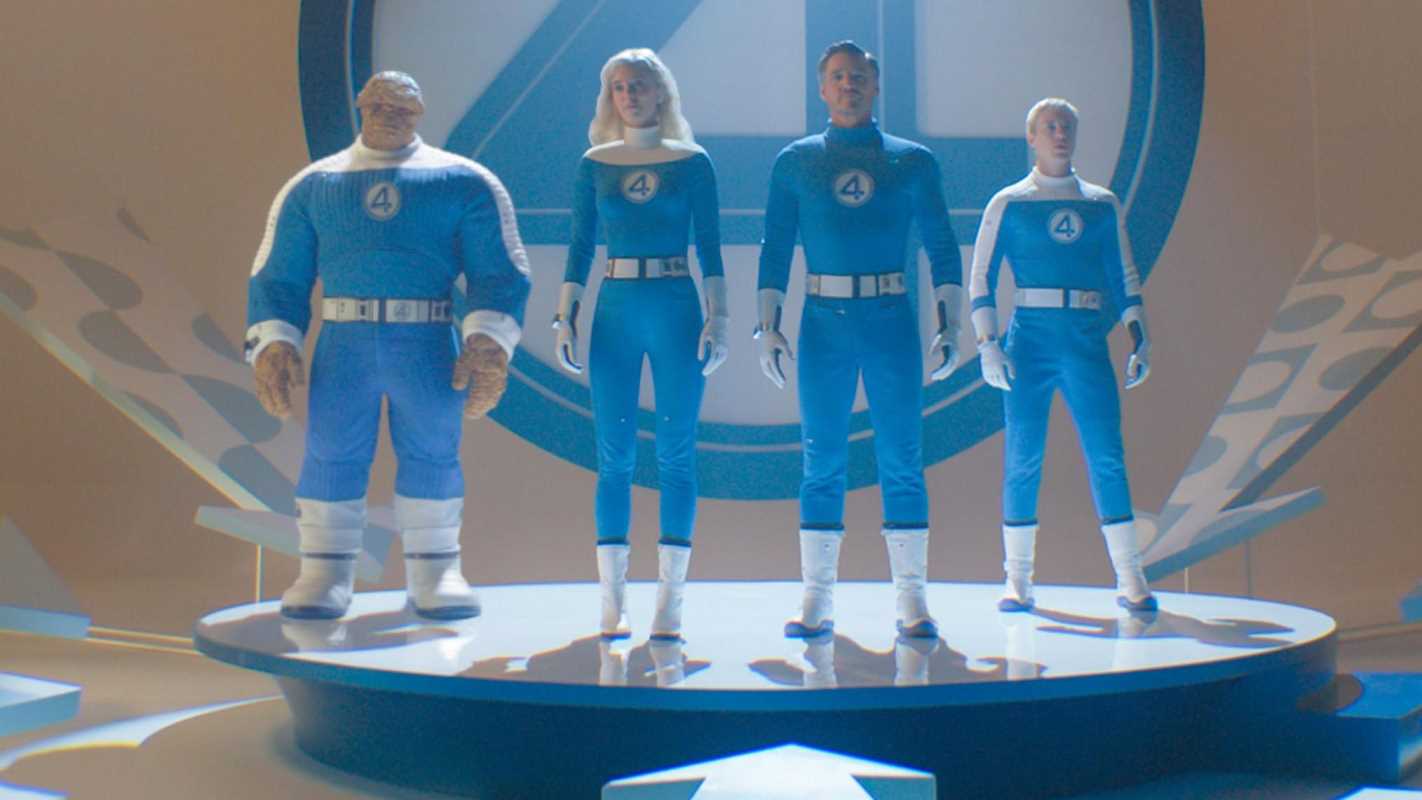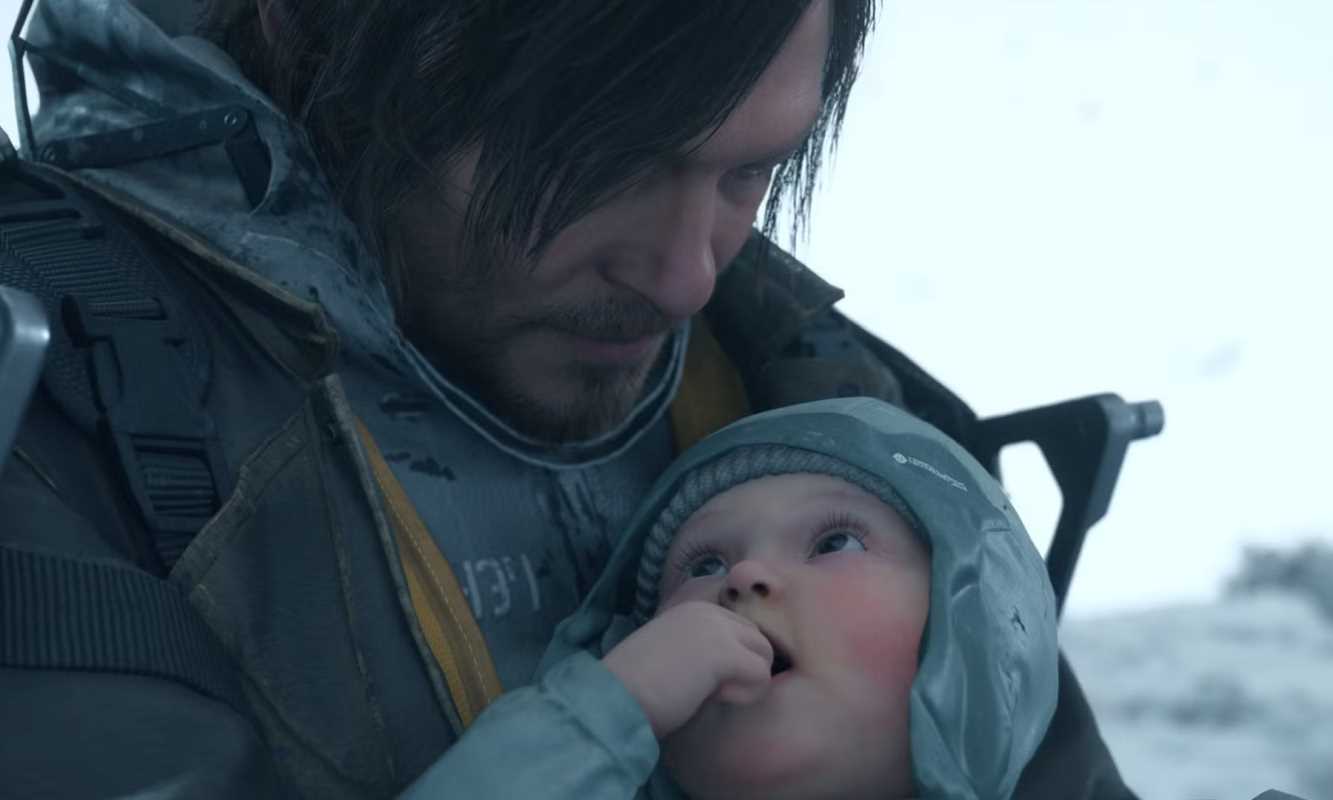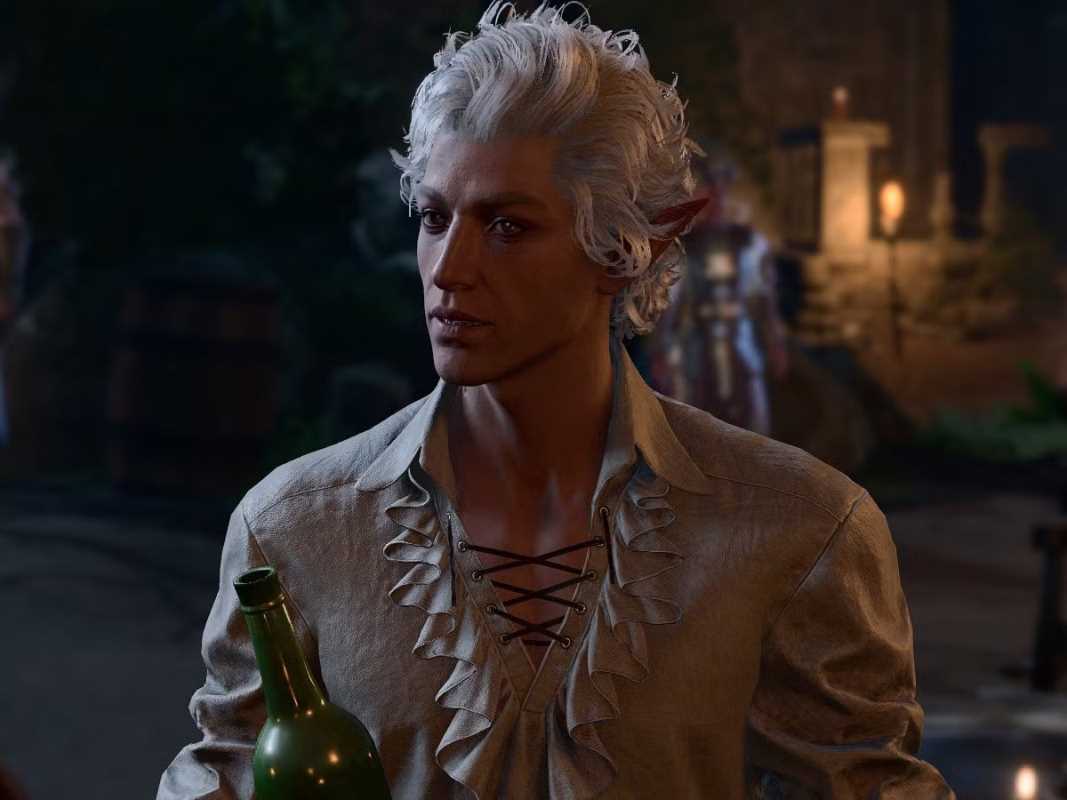HBO’s adaptation of The Last of Us was initially celebrated for its strong performances, faithful retelling of the first game’s story, and emotional depth. Season 1 successfully brought Joel and Ellie’s harrowing journey to life, winning over both fans of the game and newcomers. Unfortunately, the second season has failed to live up to the high expectations set by its predecessor. Instead of building on the foundation of Season 1, The Last of Us Season 2 has been plagued by problematic character changes, a lack of meaningful storytelling, and an overall disconnect from what made the source material so impactful.
Ellie’s Characterization Feels Like a Misstep
One of the most noticeable issues in Season 2 is the drastic change in Ellie’s characterization. Where she was once a clever, resourceful, and relatable character, this season reduces her to a selfish and often unlikeable figure. Ellie seems to lack the heroic determination and emotional depth that defined her in both the first game and Season 1. Instead, her actions feel driven more by impulsive bitterness than genuine moral conflict, making it harder for viewers to root for her.
Even worse, the show strips Ellie of her cleverness, turning her into more of a buffoon than the sharp, quick-witted survivor fans have come to admire. Her decision-making is questionable at best, and moments that are supposed to highlight her resilience often fall flat because her choices appear clumsy or poorly thought out. This not only alienates viewers but detracts from the emotional stakes of her revenge-fueled storyline.
Dialogue That Falls Short
Another glaring flaw in Season 2 is the poor dialogue. Much of the writing fails to capture the emotional nuance and natural flow of conversation that elevated the first season. Lines often feel forced or overly melodramatic, robbing key scenes of their intended impact. The dialogue frequently tells viewers how characters feel instead of showing it through their actions or expressions, making for a less engaging narrative.
This issue is especially apparent in emotionally charged moments when characters grapple with moral dilemmas or confront past traumas. Instead of unfolding organically, these scenes feel like clunky exposition dumps, lacking the raw energy or tension that could have made them memorable.
A Story That Feels Hollow
The story structure of Season 2 has also left many viewers frustrated. Rather than exploring complex themes or providing character-driven moments of growth, the season seems focused on stringing together a series of deaths. Each episode feels like a setup for another tragic loss, with little else of substance happening between these events. This approach robs the narrative of its emotional complexity, making it feel repetitive and shallow.
Without the tension of meaningful character arcs or unpredictable developments, the show struggles to maintain momentum. What could have been a morally complex exploration of vengeance and redemption ends up feeling more like a bleak and hollow exercise in misery. The lack of meaningful progress in the story makes it difficult to stay emotionally invested, leaving viewers with a season that feels more like a collection of loosely connected tragedies than a fully realized narrative.
Pedro Pascal Steals the Show
Amid the season’s shortcomings, Pedro Pascal’s performance as Joel stands out as a rare highlight. Pascal brings a depth and authenticity to his portrayal that elevates every scene he’s in, grounding the show with his quiet intensity and emotional complexity. Unfortunately, his standout moments are few and far between in Season 2, as the shortened season and scattered focus leave Joel feeling more like a supporting character than the co-lead he was in the first season.
While Pascal’s presence is a saving grace, it also serves to highlight how uneven the rest of the performances and storylines are. His scenes remind viewers of the potential the show once had, making the missteps elsewhere all the more frustrating.
A Shortened Season Lacking Depth
One of the biggest missed opportunities in Season 2 is the decision to split The Last of Us Part II into two seasons while condensing its first half into a shorter-than-expected arc. This truncated approach leaves little room to fully explore the game’s intricate storylines or the moral ambiguities of its characters. The emotional weight and complexity of the story are diminished, as the show rushes through key events without giving them the time or context they need to resonate.
By failing to flesh out the narrative or fully develop its characters, the show sacrifices the nuance that made the game such a compelling experience. Moral ambiguities feel superficial rather than thought-provoking, as the show often opts to explicitly tell viewers what to think instead of trusting them to draw their own conclusions. This shift from subtle storytelling to heavy-handed moralizing undermines the depth and emotional impact of the series.
Abby’s Portrayal Misses the Mark
Abby is one of the most polarizing characters in The Last of Us Part II, and her introduction to the show has only added to the controversy. Rather than presenting her as a complex, morally ambiguous figure, Season 2 reduces Abby to a cartoonish, unsympathetic character. Kaitlyn Dever’s portrayal lacks the intensity and vulnerability that made Abby such a compelling and divisive figure in the game.
The show’s version of Abby feels one-dimensional, lacking the emotional depth and humanization necessary to create a meaningful connection with the audience. Instead of inviting viewers to understand Abby’s perspective, the show leans into a more villainous interpretation that undermines the story’s themes of empathy and redemption. This failure to fully realize Abby’s character is a significant detriment to the season, as her arc is meant to serve as a central counterpoint to Ellie’s.
Falling Short of Season 1
Ultimately, Season 2 fails to match the quality or impact of the first season. Where Season 1 was a tightly crafted narrative with strong performances and emotional resonance, Season 2 feels disjointed, rushed, and underwhelming. The flaws in characterization, dialogue, and story structure overshadow the few bright spots, making it difficult to appreciate the show as a whole.
The lack of subtlety and complexity in the storytelling, combined with the missteps in casting and production, leave Season 2 feeling like a missed opportunity. Instead of building on the foundation of the first season, the show struggles to capture the essence of what made the game so beloved, resulting in a season that feels like a pale imitation of its predecessor.
Final Thoughts
The Last of Us Season 2 had the potential to push the series to new heights, exploring complex themes and delivering powerful character-driven storytelling. Unfortunately, it falls short in nearly every regard. From Ellie’s disappointing characterization to Abby’s cartoonish portrayal, the season fails to do justice to the rich and nuanced world of the game. The poor dialogue, shallow storytelling, and lack of emotional depth only add to the show’s problems, leaving viewers yearning for the quality and heart of Season 1.
While Pedro Pascal’s performance remains a standout, it’s not enough to save a season that feels like a series of missed opportunities. For fans of the series, both the show and the game deserve better.
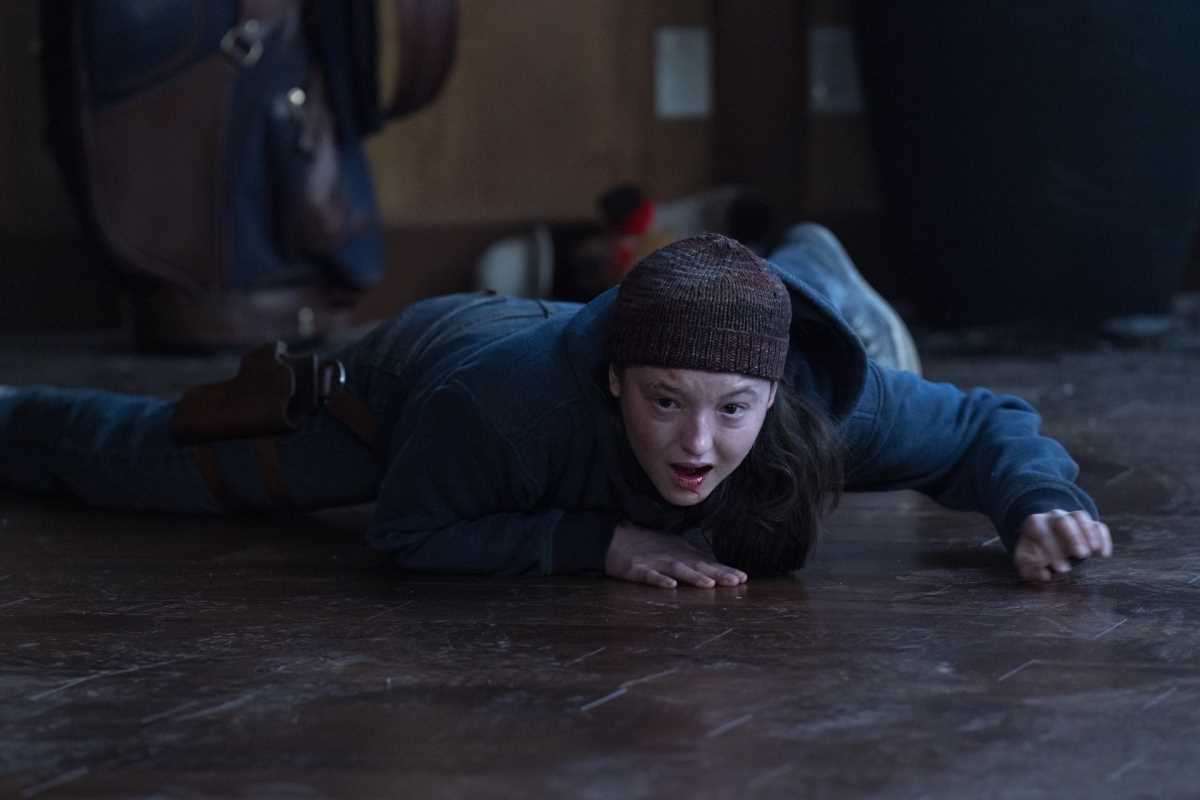 (Image source: The Mighty Mint/Word Games)
(Image source: The Mighty Mint/Word Games) 